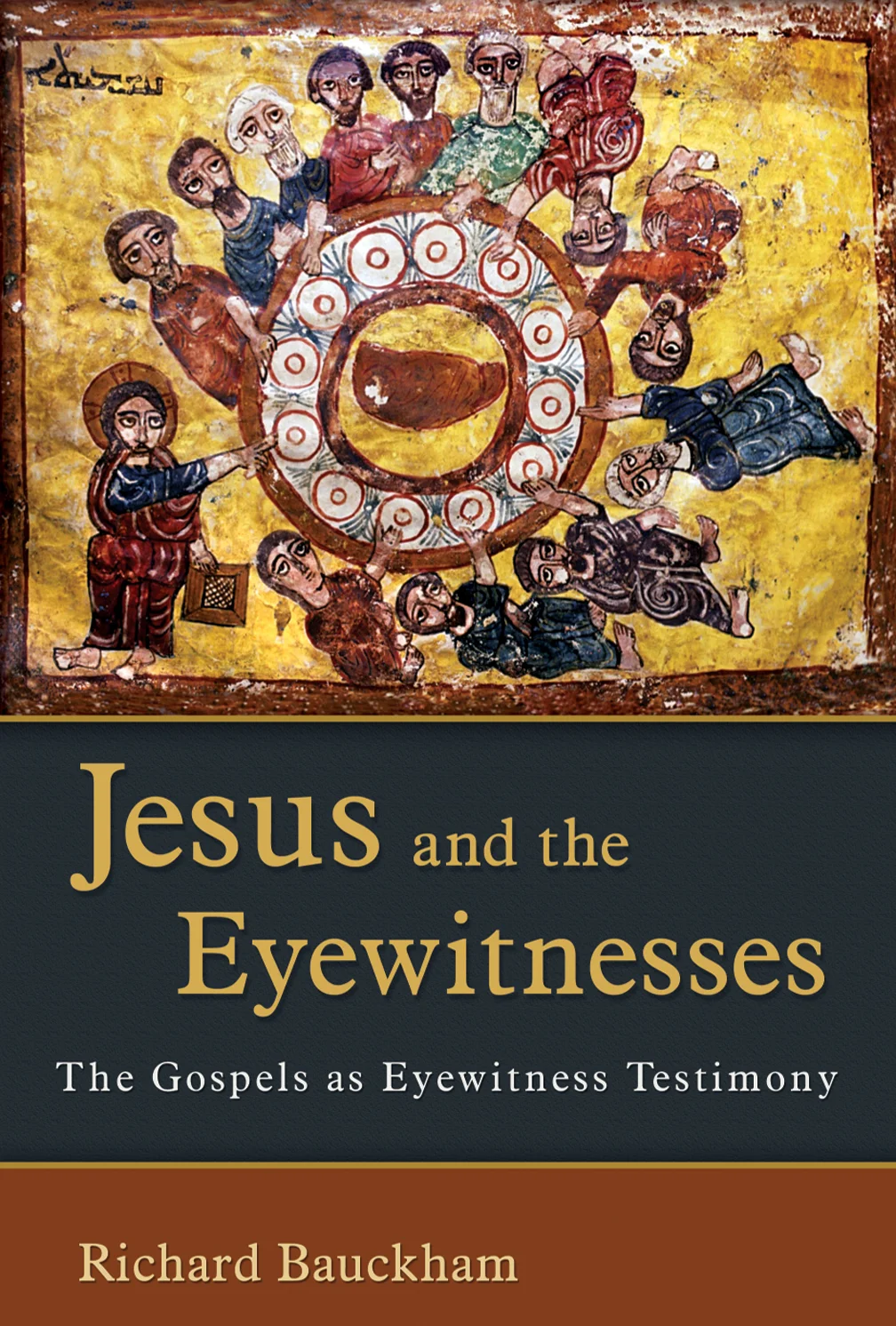I have thumbed through this book many times before, skimmed chapters, and recommended it to many people. It's about time I finally dove in and worked through this masterpiece. And it really is a masterpiece. Bauckham's Jesus and the Eyewitnesses is jaw-dropping in its scope and the force of the argument Bauckham puts forth.
Bauckham's thesis is fairly simple: the four gospels represent a compilation of eyewitness testimony of the life of Jesus of Nazareth and as such need to be taken seriously as we consider the Jesus of history. To the conservative such a thesis might seem rudimentary while to a liberal such a thesis might seem untenable. Both audiences shouldn't dismiss Bauckham quickly, though.
What is perhaps most impressive is the way Bauckham wields both a fine-toothed comb and a road sweeper in his argument. Bauckham carefully and thoughtfully engages his critics, taking dissenters seriously as he works through their arguments.
With the fine-toothed comb he deals with the development of the Jesus of history studies, the dating of the manuscripts, the names in the gospel traditions vs. the historical data of Judeo-Palestinian names in the first century, the authorship of the gospels (including a very lengthy treatment of John where he meticulously argues for John the Elder based on the ancient sources), anonymous vs. named persons in the accounts, the trustworthiness of oral traditions, and much more.
With his road sweeper, he also deals with scientific studies of eyewitness testimony, historiographic methodology, and philosophical arguments regarding testimony and memory. Using contemporary psychological methods studying memory, Bauckham says, “We may conclude that memories of eyewitnesses of the history of Jesus score highly by the criteria for likely reliability that have been established by the psychological study of recollective memory.” In sum, his view is that “Testimony should be treated as reliable until proved otherwise. First trust the word of others, then doubt if there are good reasons for doing so.”
Bauckham's book is not for the faint of heart, but the stakes of his argument cannot be overstated. For Christians wrestling with the development of the canon and the reliability of scripture, this is a book that is well worth reading (although I would steer certain readers away from chapters that aren't as critical to his thesis). To the skeptic, this is a book he or she must wrestle with. If you have picked up Bart Ehrman or Sam Harris or Christopher Hitchens and been shaken by what they have to say about the Bible, you owe it to yourself to read Bauckham. I have no doubt that in the pages of Bauckham you will find that you cannot dismiss Jesus of Nazareth as quickly as the skeptics would want you to or accept him as thoughtlessly as some evangelicals would have you.
Bauckham has done a great service to the church, to Jesus himself, and to you and me. Please read this book.
Links are Amazon Affiliate commission links. As an Amazon Associate I earn from qualifying purchases.


